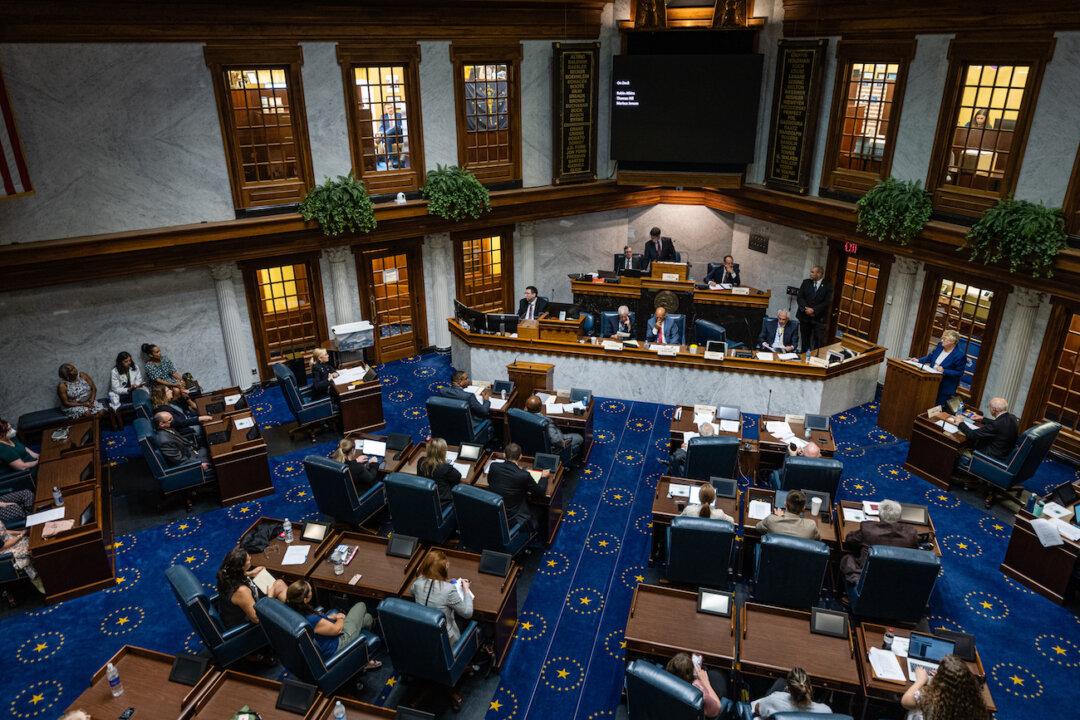With a signature from Republican Gov. Eric Holcomb, Indiana has banned gender reassignment interventions for minors. That means minors will not be able to use puberty blockers, hormone medicines, or undergo gender reassignment surgery until they have the maturity granted from 18 years of life.
Senate Bill 480, signed on Wednesday, prohibits a physician or other practitioner from knowingly providing “gender transition procedures” to an individual who is less than 18 years of age, including those with parental consent. It also bans them from aiding or abetting another person from providing gender reassignment to minors.





